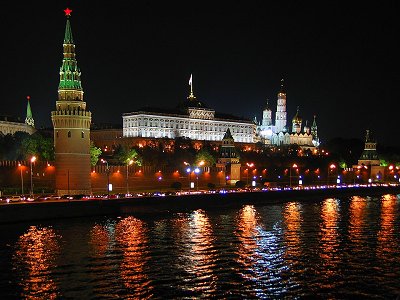
SUBURBAN NOIR, SOVIET STYLE
When it received its first screening, TV’s The West Wing passed under the radar in ways it is hard to imagine now, finishing its run after midnight on Channel 4, to little popular acclaim. Has The Americans gone the same way, ending in the early hours on a minority digital channel? It had a small but loyal following and received great critical acclaim, but no-one really talked about it, among the big beast box sets of Netflix and Amazon Prime.
The Americans defied the protocols of its genre. Set scrupulously in the 1980s, it followed the work of two Soviet spies living an ostensibly ordinary suburban life as travel agents in Washington, raising teenage children, paying the mortgage, being good neighbours while all the time subverting the United States in the name of communism. The central characters, Philip and Elizabeth Jennings, were, in conventional terms, the bad guys, but they remained the focus of the story and not peripheral. US audiences regularly flirt with the glamour of organised crime in their entertainment – The Sopranos, for instance – but Russian commies were perhaps a step too far. If so, then people have missed a treat.
The Jennings’ work for the KGB was subversive, often amoral, occasionally murderous and driven by a now largely defunct ideology which has little place as a genuine bogeyman in the new century. Over time, divisions emerge between Philip and Elizabeth as he becomes disenchanted with their enduring duplicity and conscious that the United States offered greater freedom and material wealth than the system he was fighting for. Their daughter, Paige, plausibly experiments with Christianity as a teenager. Her atheist parents, their real profession at this stage still improbably unknown to their two children, are wary. The faith she finds, but ultimately rejects, is infused with liberation theology and thus critical of US policy.
In the penultimate series, which moved at a glacial pace some criticised, the drama took on its truest shape as the exploration of domestic existential pain. Why are we here? Are we living the right way? What if we’re completely wrong? As Elizabeth, always the more ruthless and ideological of the two, holds fast to her convictions, Philip loses his footing.
Spoiler alert:
It was inevitable that the unlikely friendship the couple had formed with their neighbour and FBI agent, Stan, would prove the denouement of the final series and the extended, restrained scene in an underground car park is captivating for the sheer uncertainty the audience feels over its outcome. In spy thrillers there is extravagant violence, double and triple agents and breathtaking stunts. The Americans manifested shocking violence at times, but in the end, there were no gun fights and no-one died. Instead, something worse happened, for being true to life. Loyalties were tested to breaking point and each character was emotionally and lastingly harmed by the choices the key protagonists made.
The subtlety of plot and characterisation is biblical in its eschewing of binary categories of truth and falsehood in people. The chance to tease this out over five series rather than two hours in the cinema supplies space to reflect on how we might respond, had we been born and raised in different circumstances, for their suburban life was not so different from ours in its comfortable and prosaic detail, once they had entered the US. Storytelling which affords this reflection brings us nearer to the heart of the human condition, where people often tell stories about themselves that supply meaning and validation, but lack the courage and self-awareness to admit the deception and harm they also cause.
Looking out over night-time Moscow at the end, Elizabeth assures Philip they will make a life for themselves. The era of perestroika is dying but we know they can have no idea how the chaotic, reckless, impoverished 1990s would haunt Russia to this day.
And the soundtrack: any producer who can shoehorn Peter Gabriel, Fleetwood Mac and U2 into the narrative is worthy of an award, when you consider how bad the music could have been from 1983.
POPULAR ARTICLES

Obama's Covert Wars
The use of drones is going to change warfare out of all recognition in the next decades.

Through A Glass Starkly
Images of traumatic incidents caught on mobile phone can be put to remarkable effect.

What Are British Values?
Is there a British identity and if so, what has shaped the values and institutions that form it?


